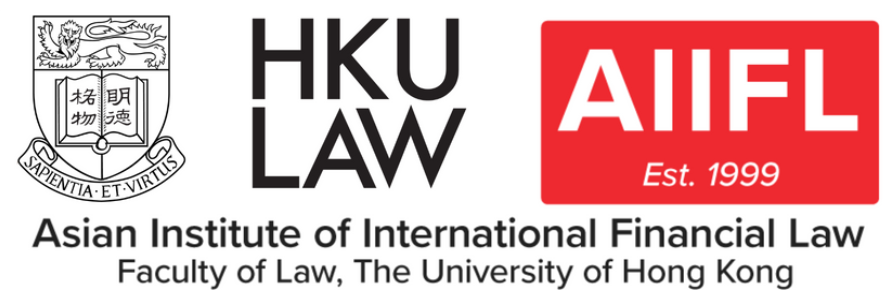AI Governance and Open Finance Initiatives
13 September 2021
The lecture will have two parts. The first will talk about AI governance and the concept of ‘AI in community’. Following will be a discussion of digital self-determination as a progressive approach to responsible data access and a paradigm of data management which moves away from rights and ownership, rejects contestation and looks for mutualised interests.
The second part of the lecture will take two case studies 1) fair lending, and 2) open banking. Both these areas of interest provide fertile discussion of the application of digital self-determination (DSD). For instance, the Hong Kong Monetary Authority recently announced plans to launch the Commercial Data Interchange (CDI), a new consent-based financial infrastructure which seeks to enable more secure and efficient data flows between banks and businesses to address pain points in SME financing. This is part of the four phase initiate on Open Banking. DSD has specific application in achieving these aspirations. Openness connects with DSD’s requirement that data-subjects should be informed about the nature, purpose and consequences of personal data access and usage. Fairness is reflected DSD’s commitment to autonomy in community – where data interests may be shared, responsibilised and respectfully managed in an atmosphere of mutual benefit.
About the Speakers
Professor Mark Findlay is a Professor of Law at Singapore Management University, and Director of its Centre for AI and Data Governance, where he is a Professorial Research Fellow. In addition, he has honorary Chairs at the Australian National University, the University of Edinburgh and the University of New South Wales, as well as being an Honorary Senior Research Fellow at the British Institute for International and Comparative Law, and an Honorary Fellow of the Law School, University of Edinburgh. Professor Findlay is the author of 29 monographs and collections and over 150 refereed articles and book chapters. He has held Chairs in Australia, Hong Kong, Singapore, England and Ireland. For over 20 years he was at the University of Sydney as the Chair in Criminal Justice, the Director of the Institute of Criminology. Most recent publications include Globalisation, Populism, Pandemics and the Law: the Anarchy and the Ecstasy, Law’s Regulatory Relevance and Principled International Criminal Justice: Lessons from Tort Law. Currently he is working on COVID-19 regulatory issues, trust in AI regulation and governance, smart cities and surveillance/mass data sharing, and law and change. More material by Professor Findlay is available on the CAIDG website.
Nydia Remolina is a Research Associate at the SMU Centre for AI and Data Governance and Adjunct Faculty at Singapore Management University. Nydia is also a Member of the Swiss Fintech Innovation Lab at the University of Zurich and a member of the Advisory Board of the Centre for Artificial Intelligence, Law & Society (CAILS) at GLA University (India). Her main areas of work and academic research include financial regulation, capital markets, banking law, fintech, digital ethics, AI governance, and the intersection of law and technology. Nydia is a lawyer with more than 10 years of experience in the financial services industry, law firms and academics institutions. Nydia has also acted as a Senior Advisor to the Organization for Economic Cooperation and Development (OECD) and she worked at Sullivan & Cromwell’s New York Office. Nydia has a Master in the Science of Law (JSM) from Stanford University, has graduate studies in Economics, Finance and Computer Science and is a PhD Candidate in Law at the University of Zurich. Nydia’s research has been cited in internationally recognised magazines such as Forbes and featured on the Harvard Law School Forum on Corporate Governance, the Columbia Law School Blue Sky Blog, the Oxford Business Law Blog, and the Machine Lawyering Blog of the Chinese University of Hong Kong.
Enquiries: Flora Leung at fkleung@hku.hk

